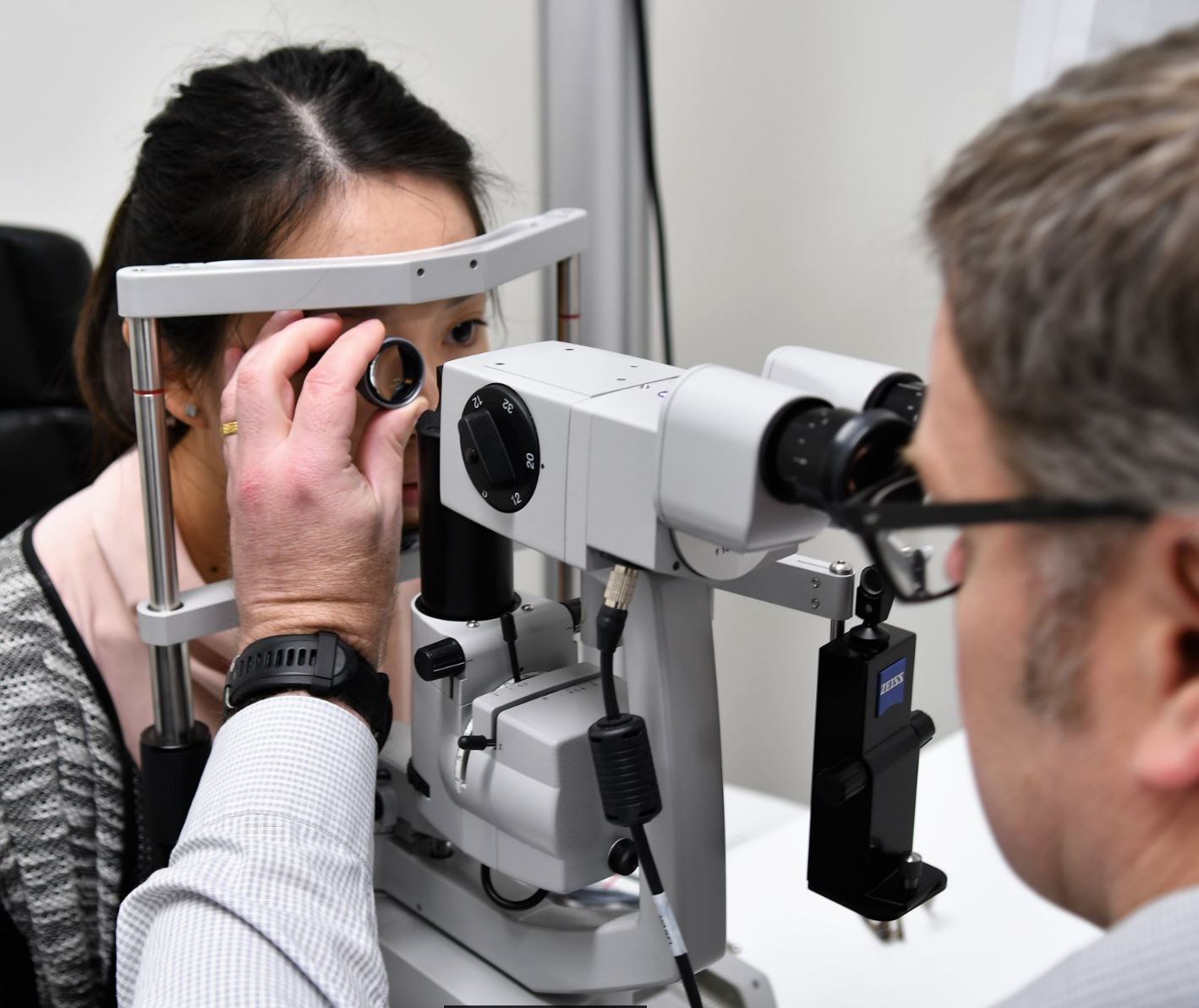
While doctors take delight in solving the common issue of refractive vision error by prescribing eye glasses, Flinders University researchers have found that many patients are upset with this solution and claim it affects their quality of life.
The results of a qualitative study – “Impact of refractive error on quality of life” – have been published as the lead feature in the latest issue of Clinical and Experimental Ophthalmology, the official journal of the Royal Australian and New Zealand College of Ophthalmologists.
The journal also published an editorial on the findings, underlining its significance to ophthalmologists.
This is the first time patient reaction to optometry has been measured, and the passionate responses of patients raising significant quality of life issues came as a surprise to the article’s authors, Flinders research associate Dr Jyoti Khadka and PhD candidate Himal Kandel.

“Patients want eye specialists to have a broader perspective and present more options that will offer better quality of life outcomes,” says Dr Khadka, pointing to a raft of patient issues with wearing glasses and contact lenses, and who voiced a clear preference for laser surgery.
The researchers found that patients believe laser surgery is more crucial than a cosmetic surgical option, with some calling it a “life changing solution”, especially for people needing vision aids during activites, from work requirements to sporting activities.
Mr Kandel suggests this finding could be a first step towards optical laser surgery being reclassified and recognised for Medicare rebate.
Professor Konrad Pesudovs, Head of Optometry at Flinders University, says this article represents part of a wider suite of research Flinders is undertaking to measure more outcomes of optometry and ophthalmology practice from a patients’s perspective.
Professor Pesudovs has recently presented at overseas conferences about patient-reported outcomes of glaucoma and other vision problems, and believes this is an important area of medical consideration.
Dr Khadka and Himal Kandel’s research has been selected for Continued Professional Development, with their quantitative studies expected to be completed in six months.

